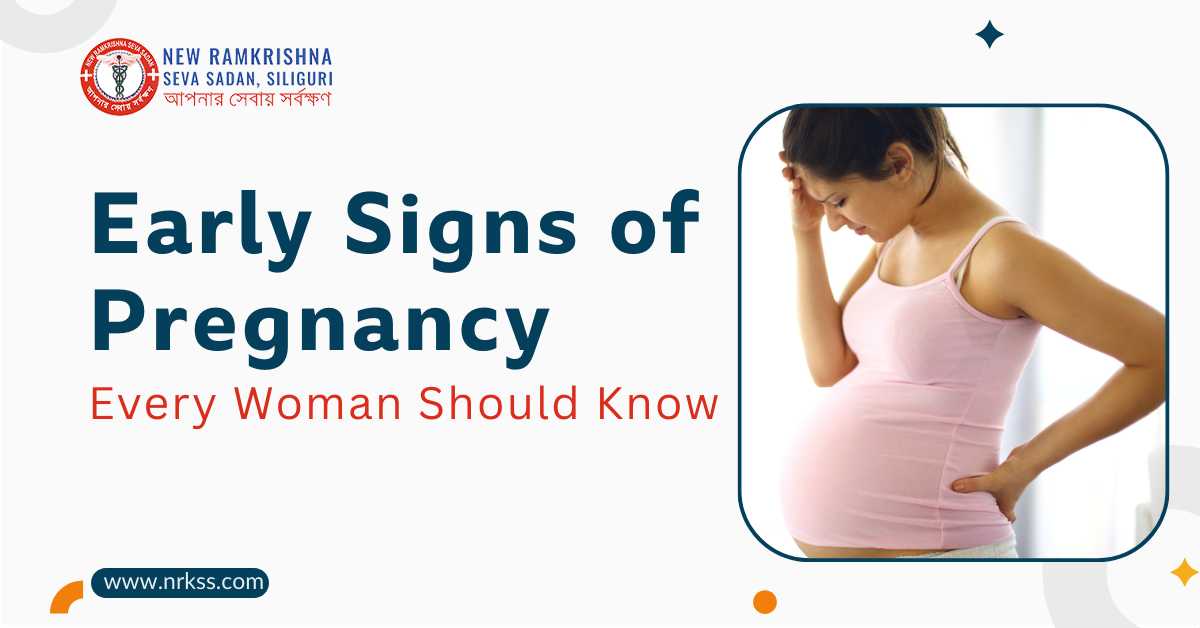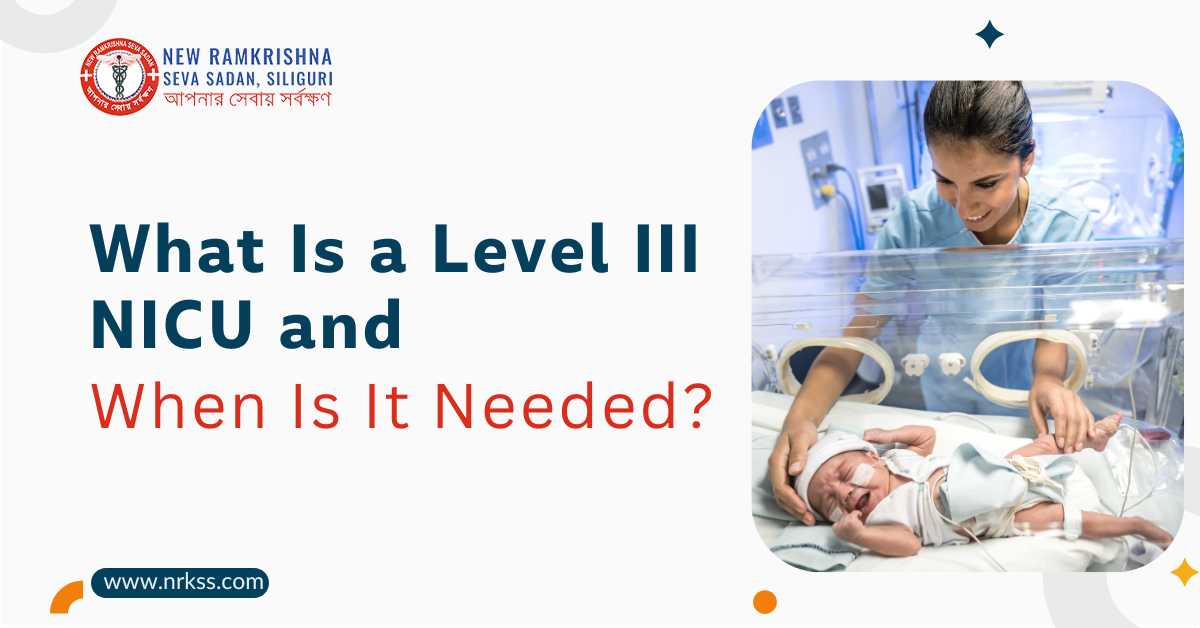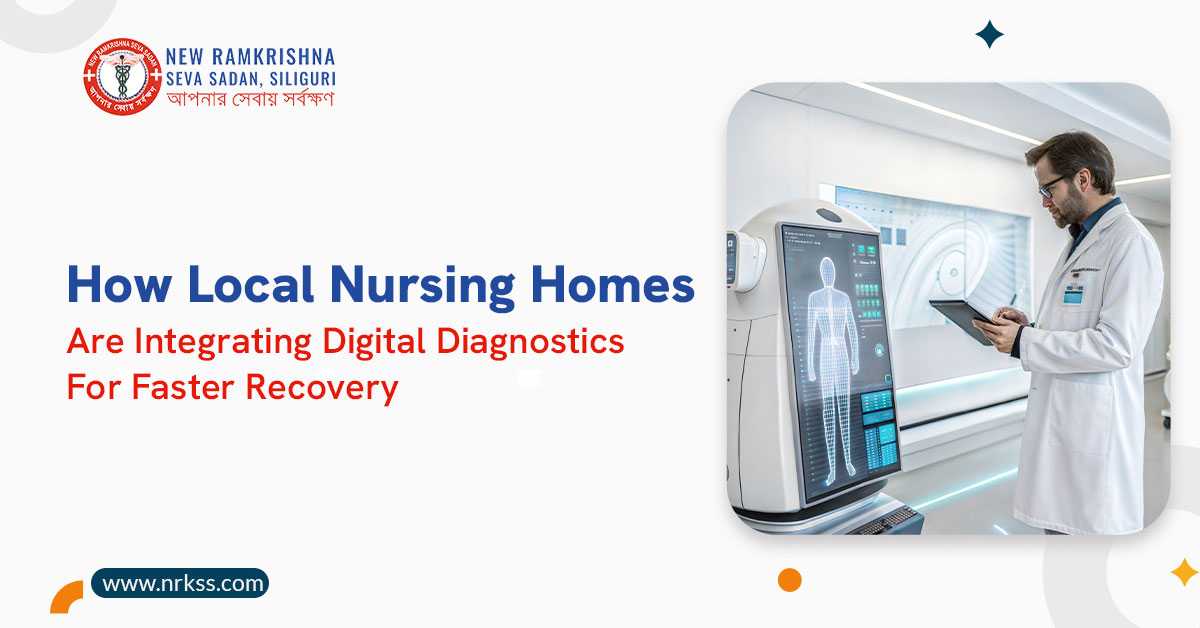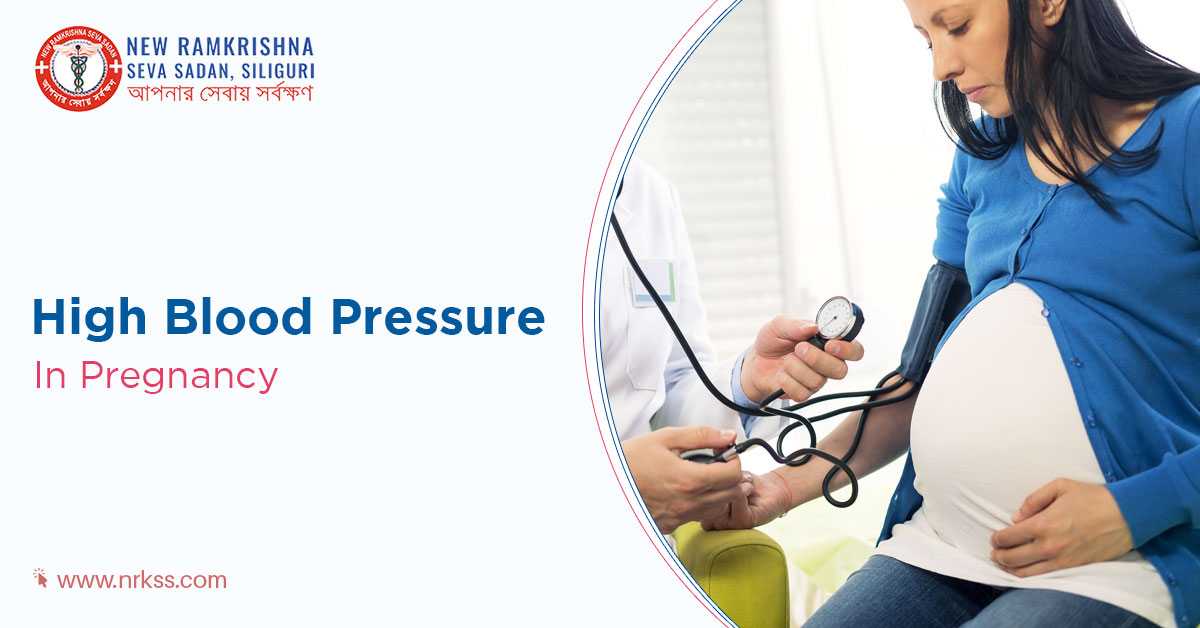Preeclampsia is one of the common pregnancy complications that tend to develop after the 20th week of gestation. In certain instances, it appears earlier. Postpartum preeclampsia takes place after delivery. It’s high blood pressure with associated signs like protein in the urine.
Much remains unexplored about the exact cause of developing this medical concern. There may be some reasons responsible for causing so, such as multiple pregnancies, age over 35, blood vessel conditions, obesity, or diabetes. If you’re planning a pregnancy, you might consider talking to the leading obstetrician in Siliguri.
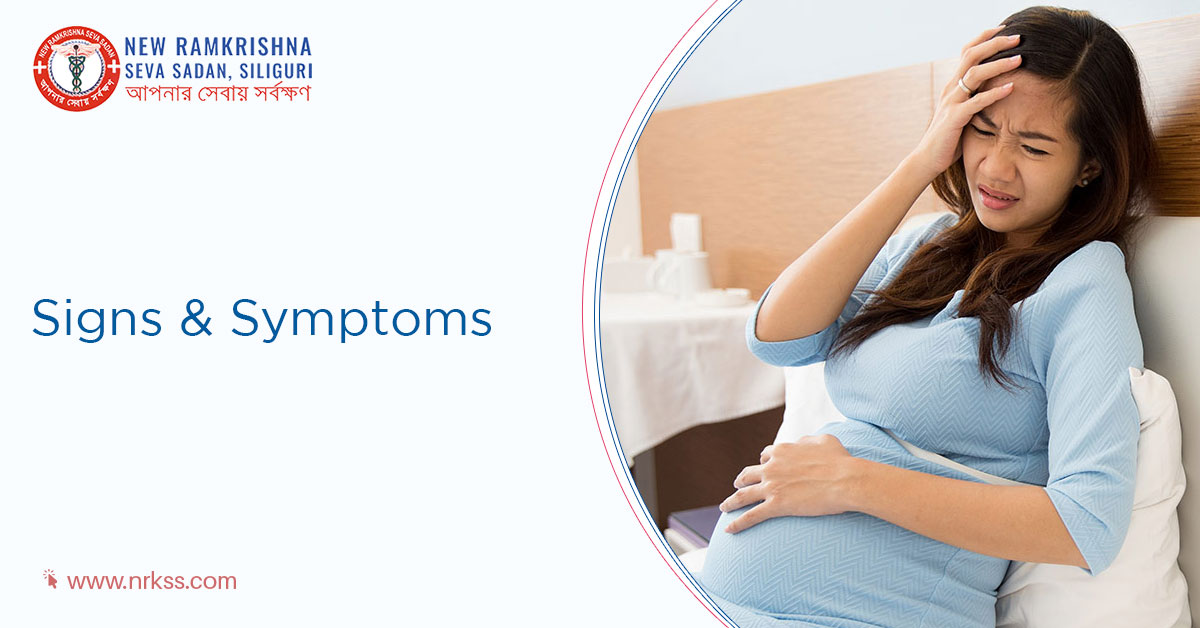
How Do You Know If You Have Preeclampsia?
Do you know many expectant mothers get no signs? Yes, that can happen. Routine prenatal care, therefore, is of importance. With preeclampsia, you may develop the following signs:
- High blood pressure
- Presence of too much protein levels in the urine
- Severe headaches
- Shortness of breath
- Nausea
- Vomiting
- Light sensitivity, blurry vision
- Abdominal pain on the right side
- A decline in the platelet levels
- Swelling of face and hands
Make sure you do not overlook any of these signs. With pregnancy advancing, fluid may build up in tissues of your feet, face, legs, and ankle. That puffiness is normal. You require medical attention when you see a sudden onset of swelling around your eyes, and, and face. Consulting a doctor helps you identify the reason.
Talking to an OB-GYN (obstetrician & gynaecologist) can help solve your health concerns. Be sure that you go for routine prenatal checkups. Overlooking such signs is not what you need to do.
Know If You’re at Risk
Certain contributing factors for preeclampsia include:
- Type 1, Type 2 diabetes
- Pre-existing high blood pressure
- Preeclampsia in the previous gestation
- Multiple pregnancies
- Obesity
- First pregnancy
- Being pregnant after 40
- Kidney disease
- Issues in the previous pregnancy
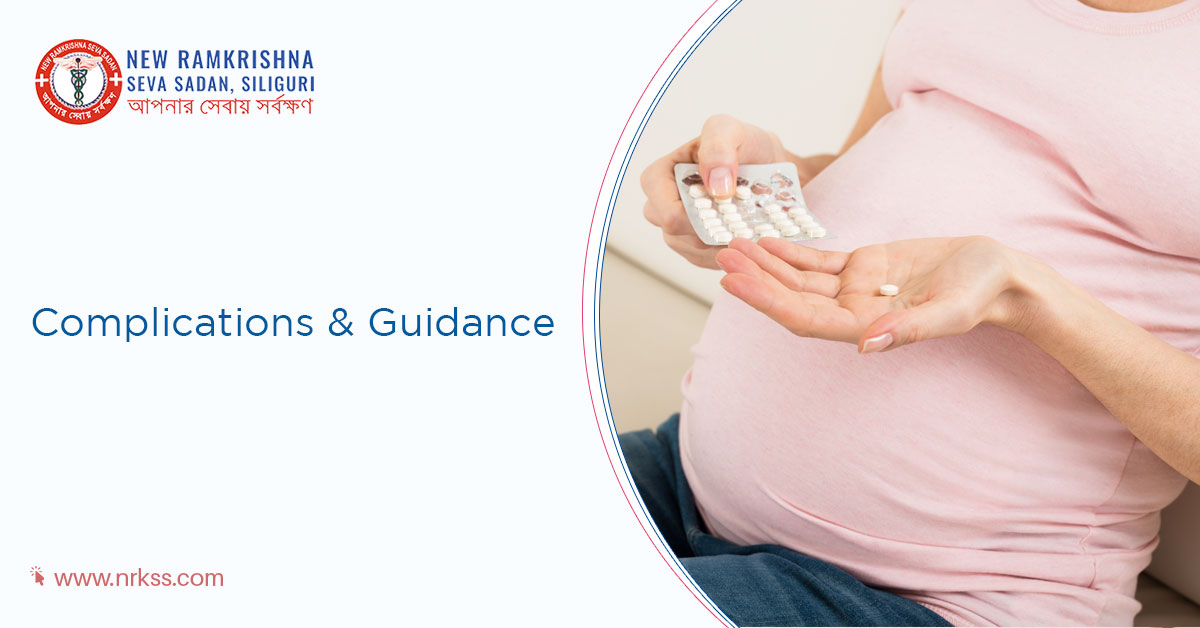
If you have such conditions, doesn’t mean you have preeclampsia for sure. Complications of this condition can be several, including:
- Placental abruption is when the placenta either completely or partly detaches from the internal wall of the womb before delivery. Vaginal bleeding, longer uterine contractions, back pain, abdominal pain, uterine tenderness, and reduced fetal movement are some signs.
- Eclampsia is a result of high blood pressure followed by preeclampsia. It refers to an onset of seizures, including the signs like agitation, fainting.
- Obstruction in fetal growth can occur due to restricted blood flow to the placenta. Lack of adequate amount of nutrient-rich blood and oxygen affects the baby’s development.
- Cardiovascular concerns, kidney damage, lung issues, brain injury, or eye damage can result from poorly treated preeclampsia. Follow the lifestyle modifications and medical guidance as your ob-gyn suggests. Receive advice on pregnancy health at the best maternity hospital in Siliguri.
A healthy lifestyle is central to health management, no matter what condition you have. From eating well, managing stress, getting quality sleep, maintaining moderate exercise, to going for a routine health examination, everything has a role in optimal pregnancy. Exercise and healthy food habits contribute to better sleep, better blood circulation, and better weight management.

